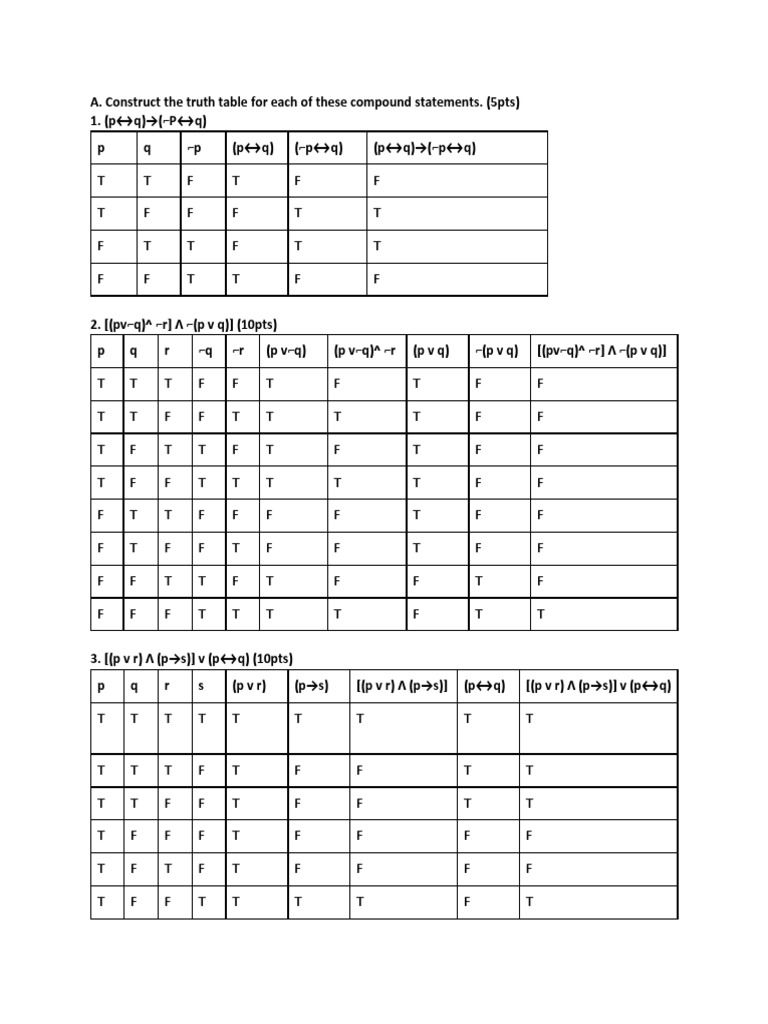Meta-quantum logic occupies a fascinating niche at the intersection of quantum mechanics and formal logic. This emerging field seeks not only to comprehend the peculiar behaviors exhibited by quantum systems but also to redefine our conceptual foundations of reality as informed by quantum phenomena. As such, the allure of meta-quantum logic stems not solely from its implications for physics but also from its overarching philosophical questions. By engaging with quantum mechanics under the guise of a logical framework, we unravel a tapestry replete with implications for truth, knowledge, and existence.
To appreciate the underpinnings of meta-quantum logic, one must first familiarize themselves with the orthodox principles of quantum mechanics. Traditional physics operates on deterministic assumptions, where the future state of a system can be predicted given its present conditions. However, the revelation of quantum indeterminacy—the idea that certain properties cannot be known with certainty prior to measurement—challenges these presuppositions. This cornerstone of quantum theory spawns an array of paradoxes that expose the fragility of our classical intuitions.
Meta-quantum logic arises from reconsidering classical logic in light of these quantum constraints. Classical logic, characterized by binary truth values—true or false—has served as the bedrock of philosophical thought for millennia. However, when faced with quantum systems, such rigid categorizations begin to crumble. A well-known example is the phenomenon of superposition, whereby quantum entities can exist in multiple states simultaneously until observed. This invites a reconceptualization of logical operators, necessitating a more nuanced framework that transcends strict binaries.
In classical logic, the law of excluded middle asserts that a proposition is either true or false. Yet, meta-quantum logic embraces an enriched landscape wherein propositions may hold degrees of truth. This engenders a logic capable of navigating the uncertainty inherent in the quantum world. Such a shift closely aligns with fuzzy logic, which introduces a continuum of truth values rather than the dichotomous nature of classical logic. Meta-quantum logic thus engenders systems that can encapsulate the ambiguity prevalent in observations of quantum states.
Moreover, meta-quantum logic prompts us to explore the relational nature of quantum systems. Unlike classical entities, which can be considered in isolation, quantum objects often exist in states of entanglement. Herein lies a rich philosophical territory: if two particles are entangled, the state of one cannot be fully described without reference to the other. This relational structure challenges individualistic ontologies and forces us to reconsider the very nature of identity and interaction.
One must also acknowledge the implications of measurement in quantum mechanics, which serves as a critical point of interest for meta-quantum logic. The act of measurement transforms the state of a quantum system, collapsing superpositions into definitive outcomes. This interrelationship between observer and observed introduces a conundrum that extends into the realm of epistemology, questioning the nature and limits of human knowledge. In the meta-quantum construct, the act of knowing becomes an active engagement rather than a passive reception of information, further enhancing its complexity.
Additional dimensions of meta-quantum logic can be discerned through its implications for computation. Quantum computing, leveraging qubits that embody superposition and entanglement, presents potentialities far exceeding those of classical computational frameworks. In this context, meta-quantum logic serves as a theoretical underpinning that can inform not only algorithms but also the philosophical understanding of computation itself. Questions arise: Can we develop a coherent and robust logic system for quantum information processing, and how will this system transform our perspectives on complexity, randomness, and information?
As one delves deeper into the essence of meta-quantum logic, ethical implications surface with profound resonance. The capacity for quantum technologies to revolutionize communication, cryptography, and processing capabilities opens avenues for both wondrous advancements and grave considerations. The dual-edged nature of these developments teaches us that as we seek to harness quantum phenomena, we must be vigilant regarding the framework of ethics that governs their application. Decisions rooted in a meta-quantum understanding could yield ramifications that extend far beyond the scientific community, influencing societal structures and values.
There remains a vigorous debate regarding the convergence of meta-quantum logic and other domains of inquiry, such as metaphysics and philosophy of mind. The conversations emerging from meta-quantum reflections challenge our foundational beliefs concerning reality and perception. As philosophical explorations burgeon alongside scientific understanding, the dialectic between these fields unveils pathways for interdisciplinary engagement, enriching perspectives on existence.
Ultimately, meta-quantum logic invites scholars across various disciplines to reconsider our own epistemic frameworks. It evolves from the recognition that quantum phenomena defy conventional categorizations, necessitating a paradigm shift in how we conceive truth, existence, and knowledge. The intricate interplay between logic and quantum mechanics opens a vista of intellectual curiosity that shows no sign of abating. As we peer into the quantum abyss, we grapple with questions that resonate well beyond the confines of physics, urging us toward a deeper comprehension of the universe and our place within its enigmatic tapestry.












